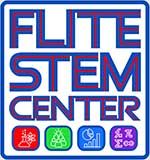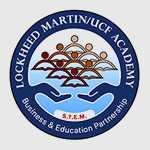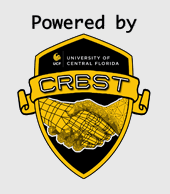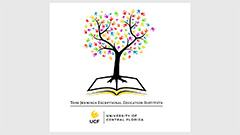Abstract
Addressing the inherent complexity of word problem solving (WPS) in mathematics education requires a multifaceted approach. While recent research has predominantly emphasized problem representation, the often-overlooked process of problem comprehension is equally crucial. One promising strategy is the integration of self-questioning from a schema perspective, which empowers students to activate their prior knowledge, enhance comprehension, and construct meaningful problem representations. Additionally, the RADS (Read, Ask Questions, Draw, and Solve) framework provides a structured and systematic approach to WPS, combining schema-based instruction and self-questioning to equip students with a comprehensive problem-solving toolkit. By integrating self-questioning into RADS, educators can guide students to become proficient problem solvers, fostering a deeper understanding of mathematical concepts and enhancing their ability to tackle real-world mathematical challenges effectively.
Recommended Citation
SULAIMON, TOLULOPE; Alber-Morgan, Sheila; and Konrad, Moira
(2024)
"Solving Word Problems with RADS: Read, Ask Questions, Draw and Solve,"
Constellations: Online STEM Teacher Education Journal: Vol. 1, Article 4.
Available at:
https://stars.library.ucf.edu/constellations/vol1/iss1/4





